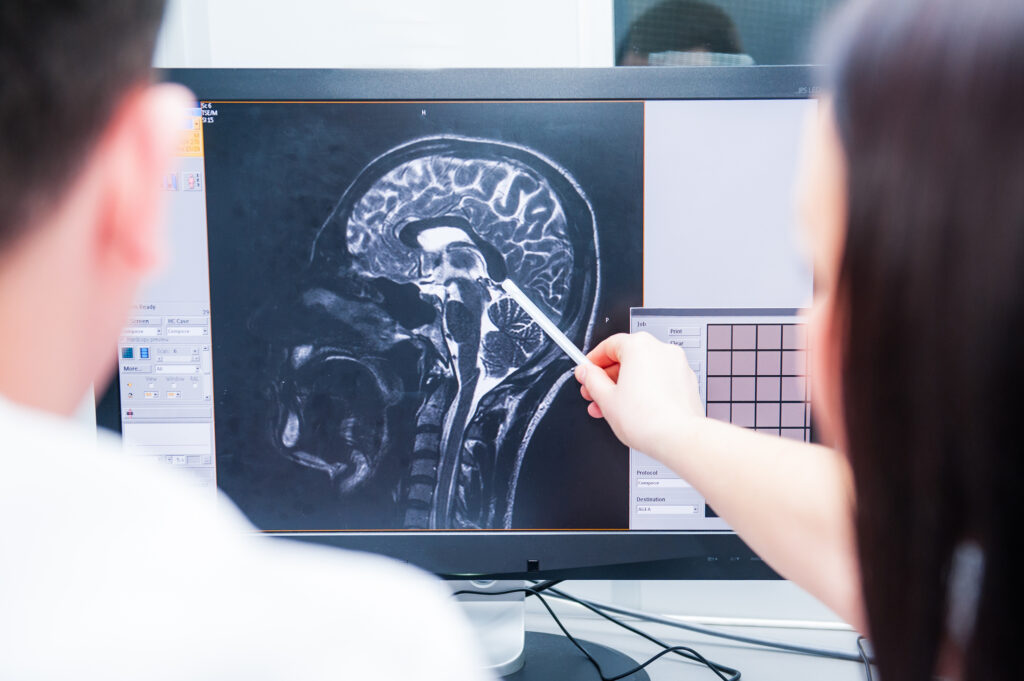The significance of lifelong education in healthcare cannot be overstated, particularly through structured continuing medical education, which plays a vital role in sustaining a healthy society. Modern medicine continually evolves due to technological advancements, new scientific discoveries, and the ever-changing needs of patients. By committing to self-improvement and engaging in continuing medical education, medical professionals can maintain excellence in their work, provide the highest standard of patient care, and contribute to the development of a resilient and future-ready health system. This blog post outlines six key reasons why progressive education remains essential in today’s medical practice.
Keeping Pace with Technical Developments
Healthcare delivery has been changed by the advent of digital technologies, ranging from wearables and monitoring health to AI-driven diagnostics. Clinicians are consistently acquiring knowledge and integrating these technologies into their treatment environments. These are constantly learned by clinicians and integrated into treatment settings naturally. Not grasping these technologies could lead to negative impacts on patient satisfaction and clinical outcomes.
Also, contemporary learning enables you to assess medical history records and images from sophisticated imaging systems. A doctor must know how to evaluate their competence and limitations regarding the equipment. Continuing education keeps physicians attuned and connected with the expanding advancements in technology.
Up-to-date information nurtures innovations even in the healthcare setting. Clinicians who engage in continual education are motivated to identify treatment gaps and propose alternate delivery methods.
Improved Patient Outcomes
Practitioners must modify their practice habits to keep pace with fresh, evidence-based treatment methods established by each new study. With flexibility, there is a reduced chance of medical mistakes while enhancing the general standard of care.
This also brings a broader view of patient care, focusing on environmental, psychological, and social needs. Repeated training and certification enable doctors to become unique in the way they deliver treatment for health at a multi-disciplinary level. Adequate education enables more wholesome and personalised treatment.
Highly educated medical experts are more successful in teaching their patients. This will result in more engaged patients understanding their condition and what drug they should be taking, resulting in higher compliance and results.
Managing Complicated Healthcare Systems
Current healthcare systems are complex, from many policy levels to insurance, patient care, and regulatory systems. Continuing education gives the practitioners the skill set they require to operate with this complexity effectively. This ranges from staying abreast of legal advancements, new coding, or the integration of value-based models of care.
Additionally, with the practice becoming increasingly team-based, practitioners must be armed with the capacity to communicate and work best across disciplines. There will also be a better understanding of patient coordination, especially when the treatment involves different specialists.
Continuing education helps the medical staff retain flexibility in coping with stress arising from the system. Through observation of practice and care delivery impacted by policy change, professional staff acquire the information necessary to advocate for their patients and themselves.
Improving Career Prospects and Professional Development
Those committed to continuing education for competitive healthcare jobs have more career development opportunities. Continuing education is a stepping stone for those who want to be leaders, change to research, or specialists in some fields.
With the rise of online education, healthcare professionals can balance their work responsibilities while maintaining a satisfactory personal life. If you wish to advance your studies to a Doctor of Nursing Practice (DNP), it is important to research institutions thoroughly to ensure they meet accreditation standards, offer relevant coursework, and provide strong academic support. When considering online DNP programs, understand the curriculum, entry requirements, clinical placement expectations, and tuition structure.
Job satisfaction also closely correlates with professional development. The expertise and confidence acquired from being current and informed can be carried over into more personal pleasure and direction sense. Employers also appreciate teams that value continuous learning, often attracting rewards such as promotions and salary increments.
Embracing Shifting Patient Populations
Today’s patients are quite different from those of the past. Health professionals must continuously improve due to ageing populations, increasing long-term conditions, and ethnically diverse communities. More learning also comes with a better understanding of cultural competency and planning care by age. This allows, for instance, better care for the elderly and management of long-term disease.
Shifting patient populations result in shifting expectations. Today’s patients are educated and self-active; they want empathic and customized treatment. Well-educated doctors are best suited to meet these expectations, clearly communicate, and build closer physician-patient relationships.
Keeping Up with Ethical Standards and Best Practices
Medical ethics is a dynamic discipline shaped by legal events, social values, and technical possibilities. Advancing along the hierarchy placed around essential best-practice approaches fosters increased updated adherence to ethical conduct for physicians. You will also have a broader view of critical aspects like safeguarding data and documenting consent at the administration level.
Aside from clinical ethics, there are more broad professional standards to follow. Ongoing exposure to learning activities keeps practitioners aware of these values and calls them to account. Ethical integrity via education is not a choice in a low-margin, high-stakes career.
Conclusion
Medicine is evolving. Commitment to ongoing education is at the core of contemporary healthcare, which allows practitioners to adjust to new technologies, address changes in population demands, and improve patient care. As a healthcare professional, whether a physician or a nurse, you will be more perceptive and knowledgeable about important topics. This translates to more quality delivery, leading to happier, satisfied patients.
Disclaimer
The information presented in this article is intended for general informational purposes only and does not constitute professional medical advice, diagnosis, or treatment. While Open Medscience strives to ensure that the content is accurate and up-to-date, medical knowledge evolves rapidly, and readers are encouraged to consult qualified healthcare professionals for specific guidance relevant to their circumstances. Any opinions expressed in this article are those of the author and do not necessarily reflect the views of Open Medscience. The inclusion of any educational programmes or professional development resources does not imply endorsement. Readers should verify the credentials and accreditation of any institutions before enrolling in courses or programmes.
home » blog » education »



